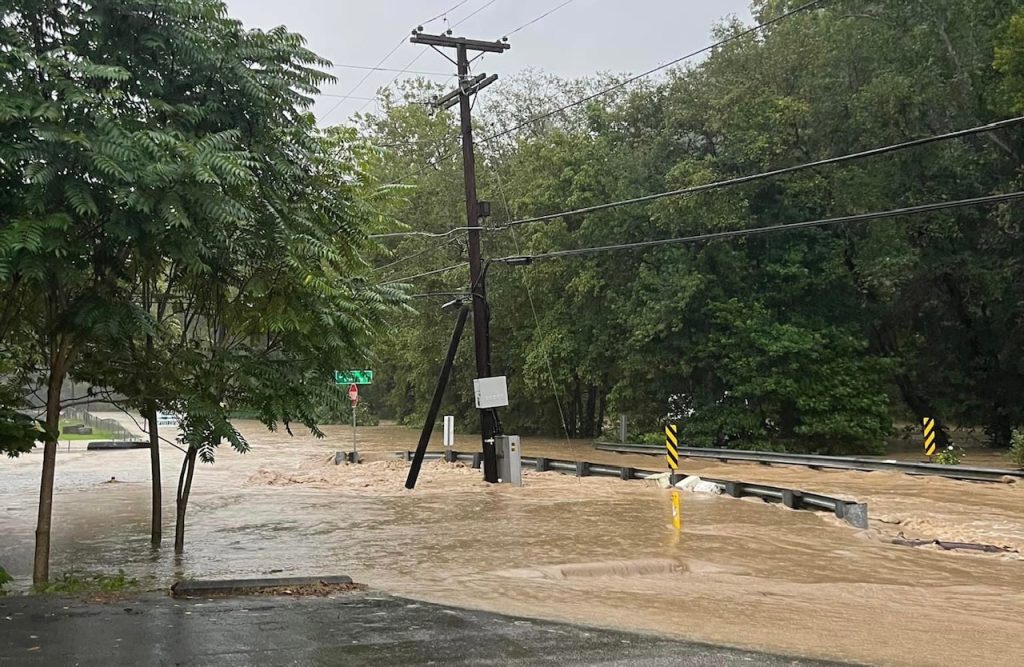The West Virginia Board of Education approved the closure of four elementary schools in three counties, raising concerns among community members.
The West Virginia Board of Education approved the closure of four elementary schools in three counties during their meeting Dec. 13, 2023.
H.E. White Elementary School and Lizemore Elementary School in Clay County, as well as Ranger Pre-K through 5 in Lincoln County will close at the end of the 2023-2024 academic year. Norwood Elementary in Harrison County was already closed under emergency procedures in July after structural engineers identified issues that made the building unsafe for students.
In their impact statements, both Clay and Lincoln counties cited declining population and enrollment for the closures. Senate Bill 51, which went into effect on June 5, requires impact statements including transportation time of the affected students be written in certain instances of school closing or consolidation.
Clay County said their overall student enrollment has decreased by 19.2 percent, representing a loss of 385 students from 2015-2016 to 2022-2023. Lincoln County stated an enrollment decrease of 7.8 percent, representing a loss of 794 students over the last 10 years.
Several parents and community members spoke in opposition of the closures in Clay and Lincoln.
Christina Mounts said she did not understand why Ranger Elementary was being singled out for facilities issues that are also present in other county school buildings.
“The comprehensive educational facilities plan identified most of these same deficiencies as present in at least five of the other schools in Lincoln County,” she said. “Why are the other five schools not being held to the same standard?”
Mounts called Ranger Elementary the heart of the community, and its closure would not be in the best interest of students’ educational needs.
Mike Nichols said due to its rural setting, the closure of Lizemore Elementary will have a greater impact on the local community than a closure in an urban area.
“Often in urban areas, there are community centers, other schools, other facilities close by where kids can still meet and play and practice,” Nichols said. “No such luxury exists for our community. Our area, the school and the gymnasium are the community center. The ball field and the playground is the park. They go away, we have nothing. Nothing.”
Longer bus routes resulting from the school consolidations was a particular concern amongst the speakers. All three counties applied for waivers to create bus routes longer than 45 minutes for the new consolidated schools. Under WVBE Policy 4336, county boards of education cannot create a bus route longer than 15 minutes over the 30 minute maximum recommended duration for elementary school students without state board approval.
Lynn Taylor spoke against the closures of H.E. White Elementary School and Lizemore Elementary School in Clay County. She and others said they had been told new bus routes could be as long as 70 minutes. Taylor, who has a child with autism, also raised concern of sending her children so far away from their parents.
“What’s gonna happen when he goes to Clay and we’re an hour and a half away from him?” she said. “That’s the things that we see that’s gonna happen with these closures of the schools. The parents aren’t going to be close enough to make kids feel secure. The parent involvement is going to drop in the schools.”
Phil Dobbins, superintendent of Clay County Schools, said the closure of Lizemore Elementary would shorten existing bus routes, most of which run close to or over an hour in length from first pick up to drop off at the elementary school.
“These routes will be shortened by about 10 minutes because buses will not have to make the loop at Lizemore Elementary to safely drop off, get back out on the highway and head to Clay (Elementary),” he said. “So that 10 minute decrease would reduce those times to 50 minutes, 57 (minutes), 43 (minutes) and 50 minutes respectively and again, we’re not creating any new route.”
Board member Debra Sullivan questioned the broader trend of closures and consolidations in the state, with particular focus on the role of state policy in the issue.
“Is it our counties’ fault that the state population has fallen over the past two plus decades?” she said. “Is the school aid formula addressing the realities facing our schools today? Is the formula taking into account poverty rates and percentages of children needing special ed services?”
Sullivan noted that many of the schools being closed in recent years are older, and built to accommodate former, larger populations.
“Only a fraction as many students are now enrolled,” she said. “Applying building utilization percentages based on 20 or 25 students, it’s an old metric. It doesn’t support today’s reality.”
Board President Paul Hardesty reminded Sullivan and the rest of the board that they were not considering an issue of policy, and were required to vote in accordance with the existing regulations.
All four closures and bus route waivers were approved.
